Collection: Raw Bones for dogs
Here are some benefits of feeding raw bones to dogs in raw feeding:
Feeding raw bones can have a significant impact on the gut microbiome of dogs. Raw-fed dogs have been found to have higher concentrations of various microbes in their intestines and lower stomach pH, which can help kill pathogens and dissolve swallowed bones easier.
Including bones in a raw food diet for dogs can provide optimal nutrition and added benefits such as dental care and mental stimulation. There are different types of nutritional raw bones that can serve as a major source of calcium and phosphorus for dogs.
Feeding raw bones to dogs can help prevent boredom and behavioral issues in puppies and adult dogs, leading to a happier and more content pet. It also helps prevent stomach bloating, as dogs that regularly consume bones tend to have more muscular stomach walls and a lower risk of experiencing bloat.
Feeding raw bones to dogs can be beneficial for their dental health and overall well-being. However, it's essential to choose the right size of raw bones based on the size and chewing habits of the dog to prevent any choking hazards or dental issues.
Here are some general guidelines on what size raw bones you can feed to different sizes of dogs (General rule of thumb, the bone should be as big or bigger than doggo's head:
Small Dogs (e.g., Chihuahuas, Toy Breeds):
Suitable raw bones: Small bones like chicken necks, chicken wings, or turkey necks.
Avoid giving large bones that can be a choking hazard.
Medium Dogs (e.g., Beagles, Bulldogs):
Suitable raw bones: Medium-sized bones like lamb ribs, pork ribs, or duck necks.
Avoid very hard bones that can damage teeth.
Large Dogs (e.g., Labrador Retrievers, German Shepherds):
Suitable raw bones: Large bones like beef ribs, beef knuckle bones, or marrow bones.
Monitor the dog while chewing to prevent any splintering.
Giant Breeds (e.g., Great Danes, Saint Bernards):
Suitable raw bones: Extra-large bones like beef femur bones or large knuckle bones.
Supervise chewing to ensure safety.
Always remember to:
Choose raw bones that are appropriate for your dog's size and chewing habits.
Avoid cooked bones, as they can splinter and cause harm.
Monitor your dog while they are chewing on raw bones to prevent any accidents.
Consult us if you are unsure about which raw bones are safe for your dog.
If you need more specific information or have any other questions, feel free to ask!

-
Organic Game Meaty Bones - +/- 1kg
Regular price R 51.50 ZARRegular priceUnit price / perR 48.30 ZARSale price R 51.50 ZAR -
Achilles - Single Wrap (with bone)
Regular price R 27.50 ZARRegular priceUnit price / perR 27.50 ZARSale price R 27.50 ZAR -
Chicken heads - 500g
Regular price From R 11.20 ZARRegular priceUnit price / perR 9.80 ZARSale price From R 11.20 ZAR -
Chicken Necks - Whole - 1kg
Regular price R 90.00 ZARRegular priceUnit price / perR 90.00 ZARSale price R 90.00 ZAR -
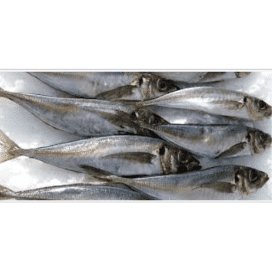
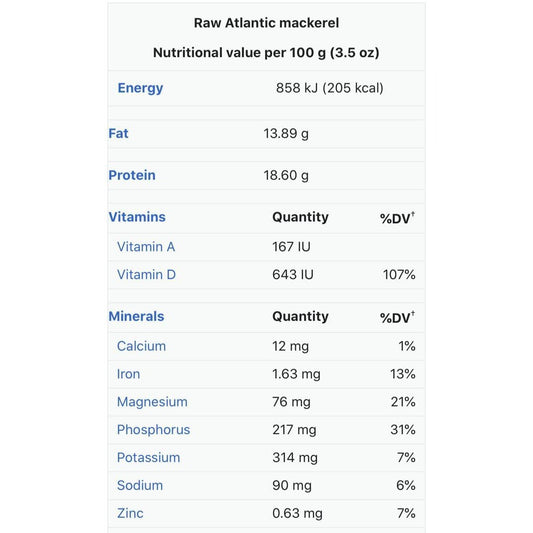 Sold out
Sold outCarapau - Horse Mackarel - 1kg bag
Regular price R 55.00 ZARRegular priceUnit price / perR 55.00 ZARSale price R 55.00 ZARSold out -
Dehydrated Mutton (Lamb) ears - 5 ears
Regular price From R 25.00 ZARRegular priceUnit price / perR 25.00 ZARSale price From R 25.00 ZAR -
Boredom Buster
Regular price From R 21.00 ZARRegular priceUnit price / perR 21.00 ZARSale price From R 21.00 ZAR -
Whole Fish Sprats +/- 50 fish
Regular price From R 60.00 ZARRegular priceUnit price / perR 96.00 ZARSale price From R 60.00 ZARSale -
Chicken Feet
Regular price R 52.50 ZARRegular priceUnit price / perR 52.50 ZARSale price R 52.50 ZAR -
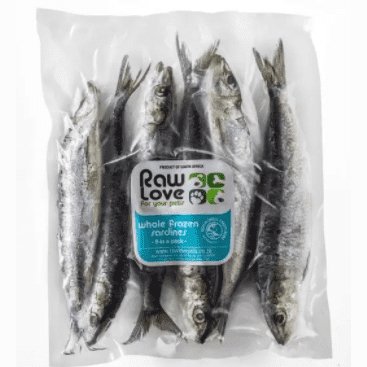 Sold out
Sold outSardines - 6 Pack
Regular price R 45.00 ZARRegular priceUnit price / perR 45.00 ZARSale price R 45.00 ZARSold out -
Chicken Carcass - 1kg
Regular price R 80.50 ZARRegular priceUnit price / perR 80.50 ZARSale price R 80.50 ZAR -
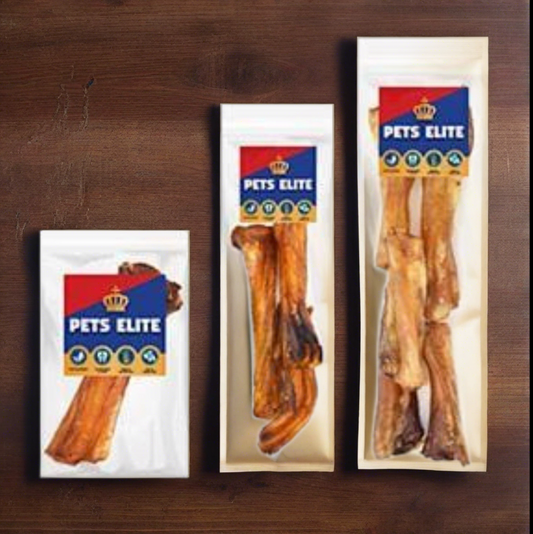 Sold out
Sold outAchilles Tendon Pack of 3 (No bone)
Regular price R 31.50 ZARRegular priceUnit price / perR 31.50 ZARSale price R 31.50 ZARSold out -
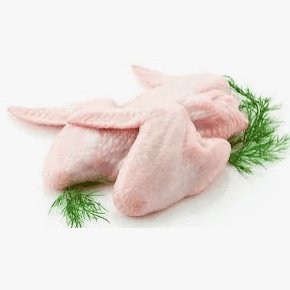 Sold out
Sold outChicken Wings - Whole - 1kg
Regular price R 130.00 ZARRegular priceUnit price / perR 130.00 ZARSale price R 130.00 ZARSold out -
Gourmet Hooves Pack of 5
Regular price R 67.00 ZARRegular priceUnit price / perR 67.00 ZARSale price R 67.00 ZAR -
RAW Ostrich Kneecaps
Regular price R 89.00 ZARRegular priceUnit price / perR 89.00 ZARSale price R 89.00 ZAR -
Sardines p 500g
Regular price R 33.00 ZARRegular priceUnit price / perR 32.20 ZARSale price R 33.00 ZAR -
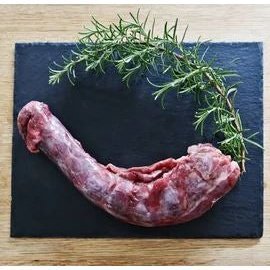 Sold out
Sold outWhole Turkey Neck - +/- 500g
Regular price R 30.50 ZARRegular priceUnit price / perR 30.50 ZARSale price R 30.50 ZARSold out -
Dehydrated Beef ears
Regular price From R 25.00 ZARRegular priceUnit price / perR 25.00 ZARSale price From R 25.00 ZAR -
Achilles Tendon - 5 pack (No bone)
Regular price R 46.00 ZARRegular priceUnit price / perR 46.00 ZARSale price R 46.00 ZAR -
Whole Tilapia p 500g
Regular price R 29.50 ZARRegular priceUnit price / perR 29.50 ZARSale price R 29.50 ZAR -
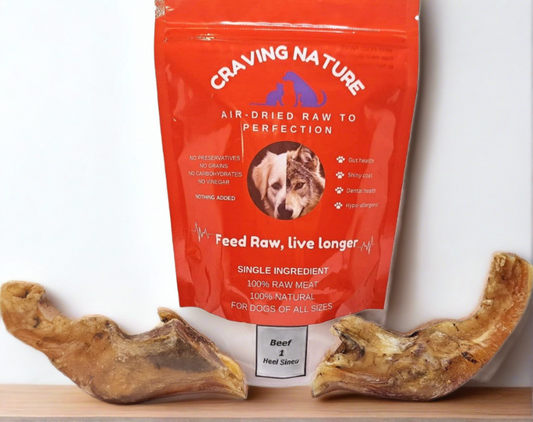
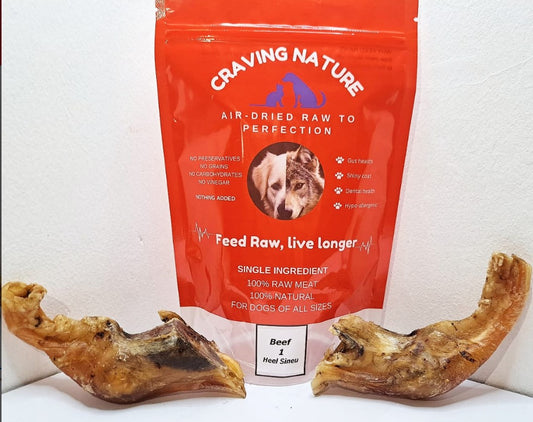 Sale
SaleBeef Heel Drumstick
Regular price From R 21.50 ZARRegular priceUnit price / perR 24.00 ZARSale price From R 21.50 ZARSale -
Gourmet Hoof - each
Regular price R 15.50 ZARRegular priceUnit price / perR 15.50 ZARSale price R 15.50 ZAR -
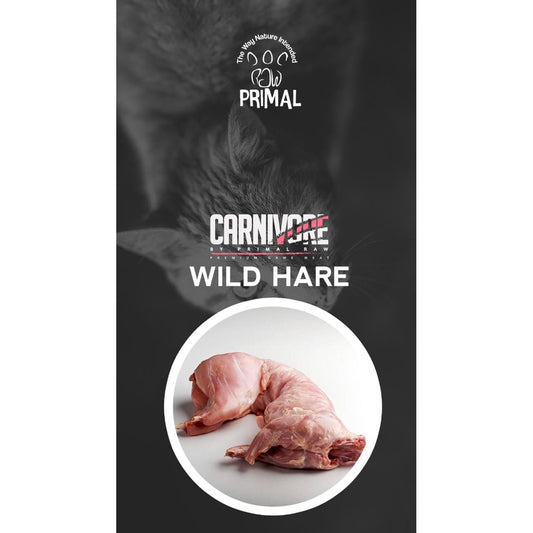
 Sold out
Sold outWild Hare - 1.5 - 2.2kg per carcass
Regular price R 102.00 ZARRegular priceUnit price / perR 102.00 ZARSale price R 102.00 ZARSold out -
Duck Necks- 500g
Regular price R 46.00 ZARRegular priceUnit price / perR 46.00 ZARSale price R 46.00 ZAR



































